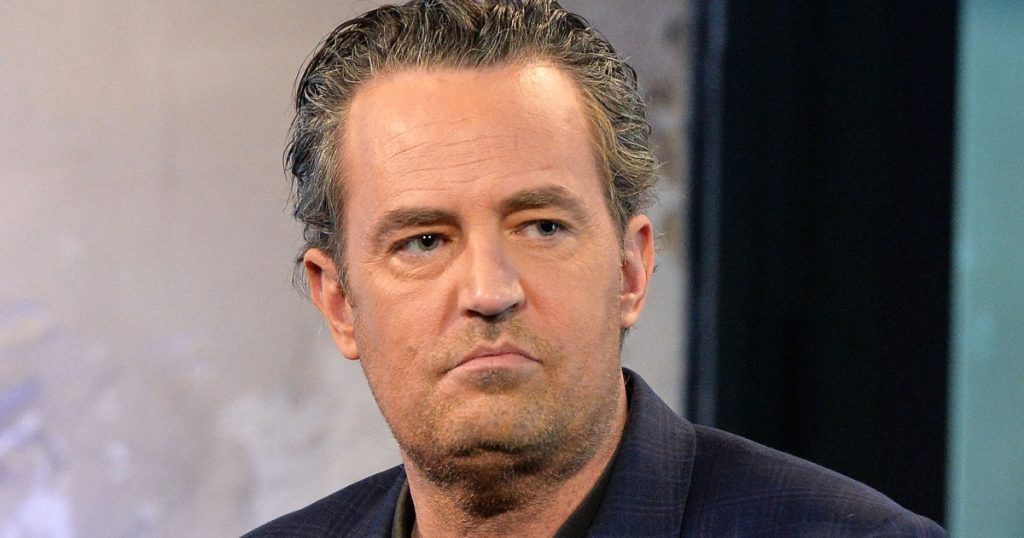Matthew Perry’s death at age 54 revealed that he had been undergoing ketamine therapy to treat his depression and anxiety. However, it was not the therapy doses that resulted in his fatal overdose, but his unsupervised use of the drug, leading to addiction. This led to prosecutors charging five individuals, including Perry’s personal assistant, two doctors, and a drug dealer. Ketamine, known as a party drug with psychedelic effects, is also used medically as an anesthetic.
The Los Angeles County Medical Examiner’s Office determined that Perry’s cause of death was acute effects of ketamine, with contributing factors such as drowning, coronary artery disease, and the effects of buprenorphine used to treat opioid use disorder. Perry was found at home in Pacific Palisades after an apparent drowning, with no signs of foul play detected. Perry had a long history of addiction, with struggles dating back three decades. He had sought treatment multiple times and spent millions on his journey to sobriety, including rehab visits and therapy sessions.
In his memoir, Perry detailed his addiction struggles, including dropping to 128 pounds and taking over 50 Vicodin a day at one point. He shared his near-death experiences, including his colon bursting in 2019, leading to a coma and a colostomy bag. Another incident involved his heart stopping for five minutes after taking hydrocodone and propofol. Despite these challenges, Perry sought help from his therapist to quit drugs, associating them with wearing a colostomy bag for life, which helped him surrender to recovery.
Perry had been using ketamine therapy to ease pain and depression before his passing. He described the therapy as a calming experience, where he would listen to music, be blindfolded, and receive IV ketamine. Perry’s openness about his mental health struggles and addiction battles shed light on the challenges he faced throughout his life. Despite his fame from starring on the hit show “Friends,” Perry’s personal struggles with addiction and health concerns were significant aspects of his life that he openly discussed.
The actor’s candid discussions about his addiction issues and mental health journey provided insight into the complexities of battling substance abuse and maintaining sobriety. Perry’s experiences showed the toll that addiction can take on an individual’s life and the challenges of recovery. His willingness to share his story, including his struggles, setbacks, and triumphs, highlighted the importance of seeking help and support when facing addiction challenges. Perry’s legacy serves as a reminder of the importance of open communication and seeking assistance for mental health and addiction issues.
Despite his struggles and near-death experiences, Perry continued to work on his recovery journey, seeking therapy and support to maintain his sobriety. His use of ketamine therapy, while ultimately contributing to his tragic death, also showcased his willingness to explore alternative treatments for his mental health struggles. Perry’s legacy as an actor and advocate for mental health awareness continues to resonate with fans and those facing similar challenges. His openness about his experiences serves as a reminder of the importance of seeking help and support for mental health and addiction issues, highlighting the ongoing journey towards recovery and well-being.


